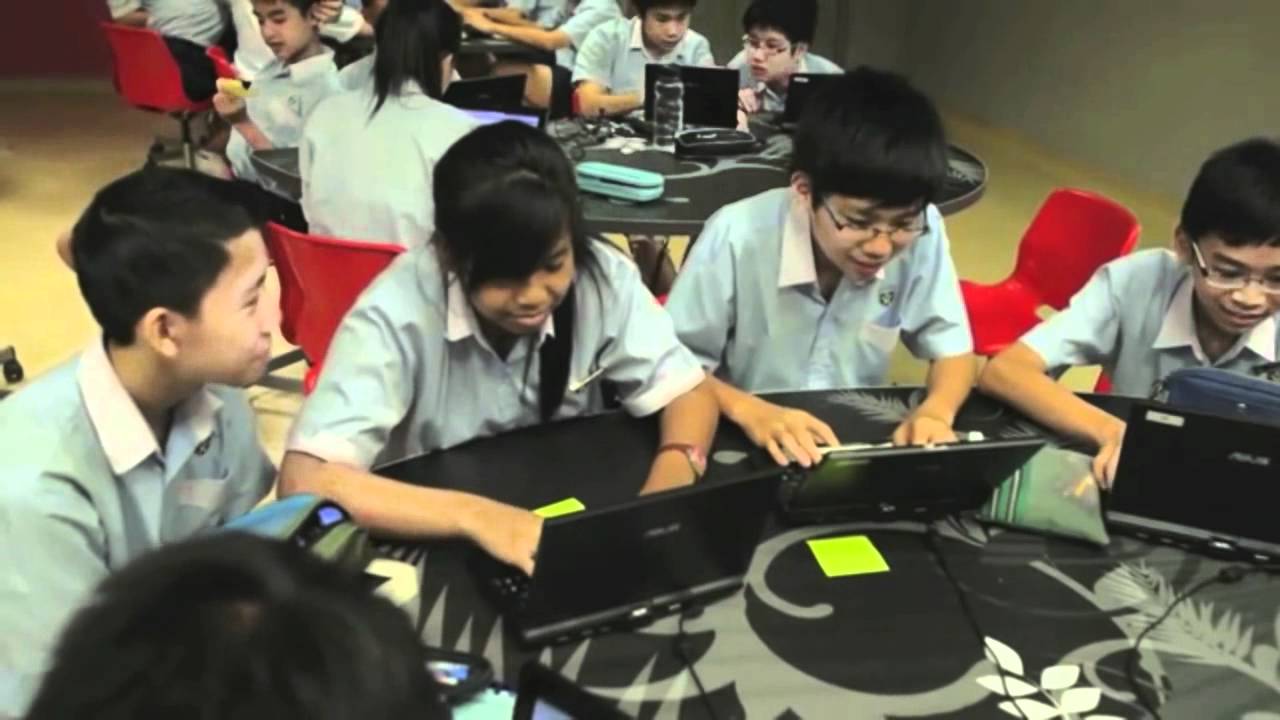SINGAPORE: A recent survey conducted by an international market research firm has found that nearly 80% of Singapore students under the age of 18 believe media literacy should be part of the school curriculum. However, the findings also indicate differing opinions among students regarding the effectiveness of current media literacy programs.
Unlike traditional courses, many schools and non-profit organizations have adopted innovative methods to teach media literacy. One such initiative is led by the TouchNetwork Health Service, which utilizes online games to engage students. For instance, students might need to solve puzzles to identify patterns in fraudulent emails or text messages, or recognize the warning signs of common scams.
This approach encourages students to actively participate in the learning process while equipping them with practical skills to spot misinformation.
Experts emphasize the importance of educating young people about responsible information sharing, particularly in an age where misinformation can spread rapidly online. They advocate for unique and engaging course formats to capture the attention of young learners.
Experts who spoke to 8World added that it’s crucial for children to witness the real-world consequences of spreading unverified information, as this experience can foster a more cautious approach when interacting on digital platforms.
The survey also revealed that more than 60% of respondents under the age of 18 have encountered false information, primarily on social media platforms.
With the rise of sophisticated forms of misinformation, such as deep fakes, experts stress that parental involvement is more critical than ever. Parents can play a key role in guiding their children through the complexities of the digital world and helping them discern trustworthy sources from deceptive content.

